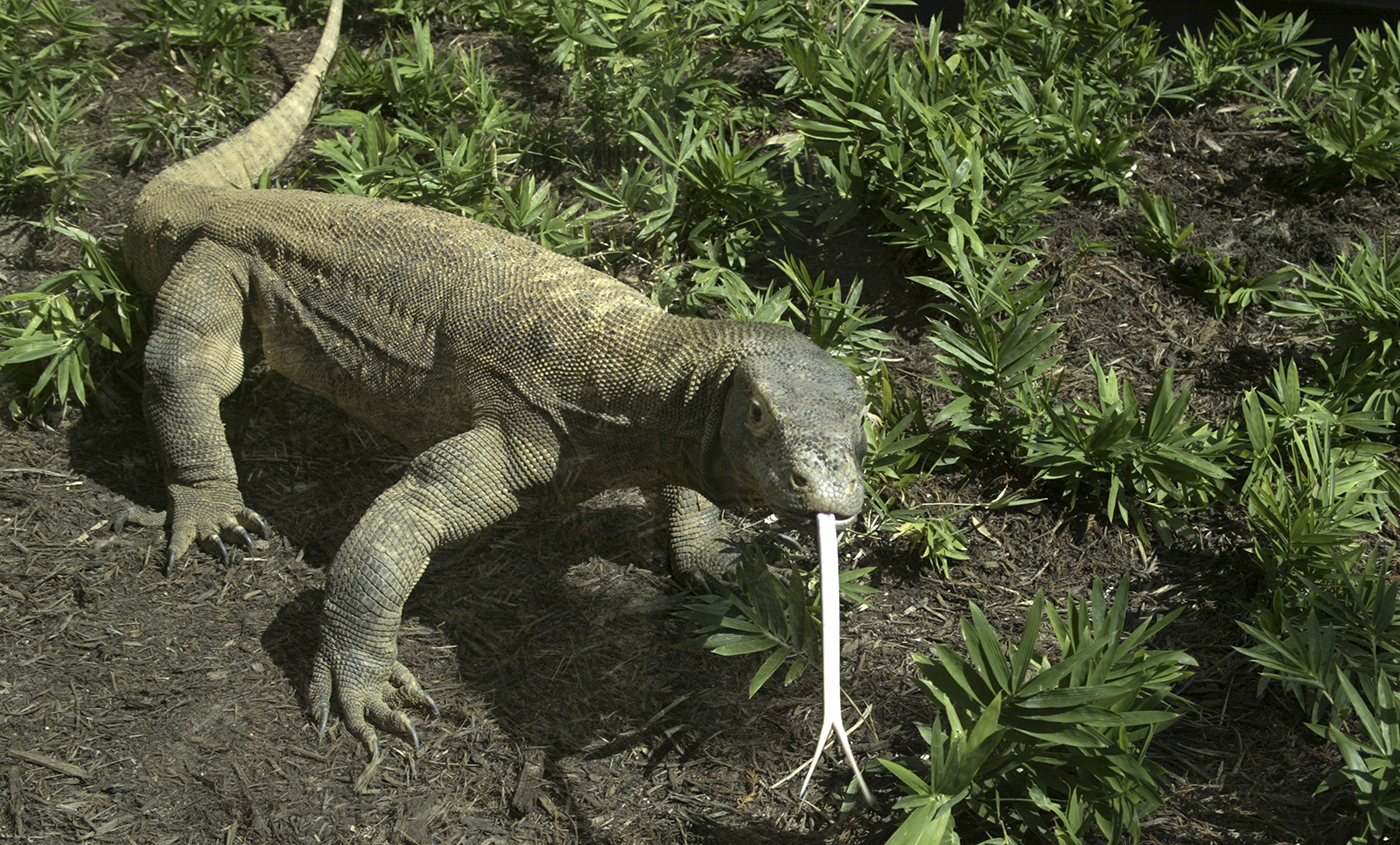One way that works is to read.... a lot!
For many students with reading disabilities, reading is really hard work. Still, it is important to keep exercising your brain by reading. Science has proven that if you exercise your brain by giving it challenging things to do, it continues to become stronger. New neurons (brain cells) grow. The task becomes a tiny bit easier each time. Even though our reading disabilities will never go away, we can continue to improve our brain's ability to deal with print.
This year, we are experimenting with "Readworks." It is an online reading program designed to help build vocabulary, speed, and stamina in reading non-fiction. ("Stamina" means "able to do challenging things for a long while.")
At least three days a week, we read from a selection of non-fiction articles. We get to choose which ones to read from a set. Some are about science. Some are about social studies. Some are about news.
 |
| One article featured a Komodo Dragon. This is NOT a reptile you want to meet! |
We read them to ourselves silently. Some of the readings also have an audio text so we can listen to them, too.
Then, we use Google Docs to write a personal summary into our "Book of Knowledge." We write two or three things we learned from reading the article. We use Google Docs because we can then use:
- Google voice typing (dictation)
- Google's spell check (helps us find the right word or the right spelling)
- Grammarly (a Google "add-on" that helps us with sentence structure and grammar)
When we are finished with the quick written summary, we practice our public speaking skills. We use our written notes to do a "stand and deliver" in front of our class. Doing this several times a week is hard, but it is preparing us for our Exit Presentation. It is also preparing us for college or work, when we will have to "stand and deliver" presentations or lessons.
This activity, which we call "RAAD" (Readworks Article-A-Day) lets us combine reading skills, vocabulary development, note-taking, composition, and public speaking all in one activity.


